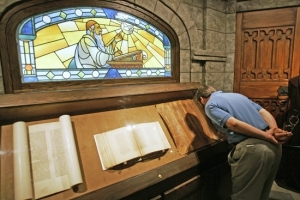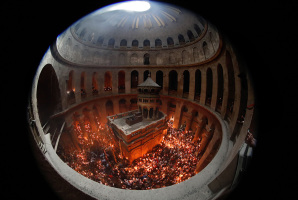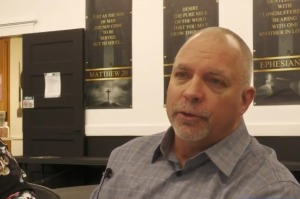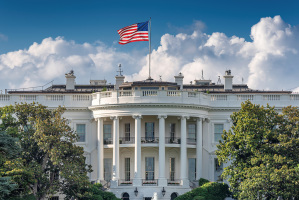Christian photographer’s lawsuit against law forcing her to work gay weddings revived
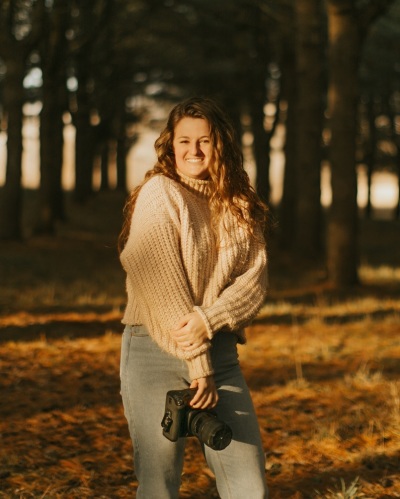
A federal appeals court panel has revived a lawsuit filed by a Christian photographer against a New York law that would force her to service same-sex wedding ceremonies.
A three-judge panel of the 2nd U.S. Circuit Court of Appeals ruled last Friday that Emilee Carpenter's lawsuit over New York's public accommodations law could continue.
Circuit Judge Alison Nathan, a Biden appointee, authored the opinion, writing that the lower court must consider Carpenter's free speech claims "to determine whether the application of the law at issue actually compels Carpenter's expressive conduct, rather than nonexpressive conduct that imposes an incidental burden on speech."
Nathan urged the court to reconsider Carpenter's claims in light of the 2023 U.S. Supreme Court decision 303 Creative LLC v. Elenis. The high court ruled 6-3 last year that Colorado could not force a Christian website designer to build websites celebrating gay marriage.
"Following 303 Creative, we conclude (as the Defendants also concede) that Carpenter has pled sufficient facts to plausibly allege a free speech claim," wrote Nathan.
"Carpenter has plausibly stated a compelled speech claim because the Accommodations Clause of New York's Human Rights Law requires her to extend her photography services to same-sex weddings."
The appeals court panel denied Carpenter's request for a preliminary injunction blocking enforcement of the law against her, instead deciding to "remand to the district court to consider the application for preliminary injunctive relief on a developed factual record."
The Alliance Defending Freedom, a conservative legal organization helping to represent Carpenter and the group that argued the 303 Creative case on behalf of the website designer, praised the panel decision.
"The U.S. Constitution protects Emilee's freedom to express her own views as she continues to serve clients of all backgrounds and beliefs," said ADF Legal Counsel Bryan Neihart in a statement.
"We urge the district court to uphold this freedom and follow Supreme Court precedent so that Emilee can speak and create consistent with her convictions. That freedom protects Emilee and all Americans regardless of their views."
In April 2021, Carpenter filed a complaint in the U.S. District Court for the Western District of New York. The district court ruled against Carpenter that December, with Judge Frank Geraci, Jr. concluding that "New York has a compelling interest in ensuring that individuals, without regard to sexual orientation, have equal access to publicly available goods and services, and that the Accommodation clause is narrowly tailored, as applied to Plaintiff, to serve that interest."
"As a result, even if the Accommodation clause compels speech or expressive association in a manner that implicates Plaintiff's free-speech and free-association interests, the provision survives strict scrutiny," wrote Geraci, an Obama appointee.
"New York's public accommodation laws are neutral. By only bringing an as-applied challenge, Plaintiff virtually concedes that the laws are facially neutral. … She raises no non-conclusory factual allegations that the laws were enacted with any kind of religious (or anti-religious) motivation."
















